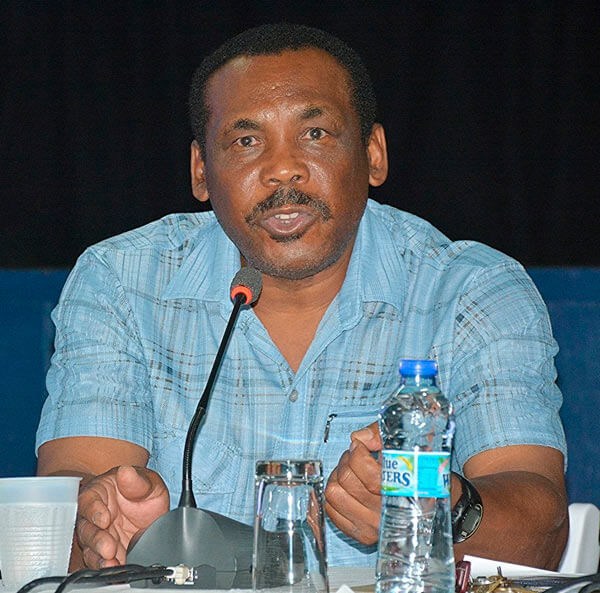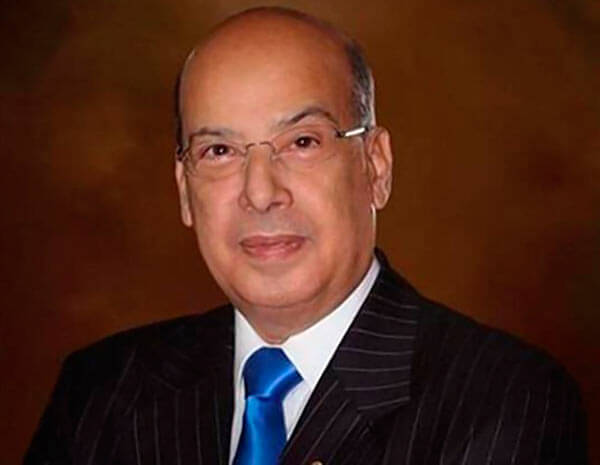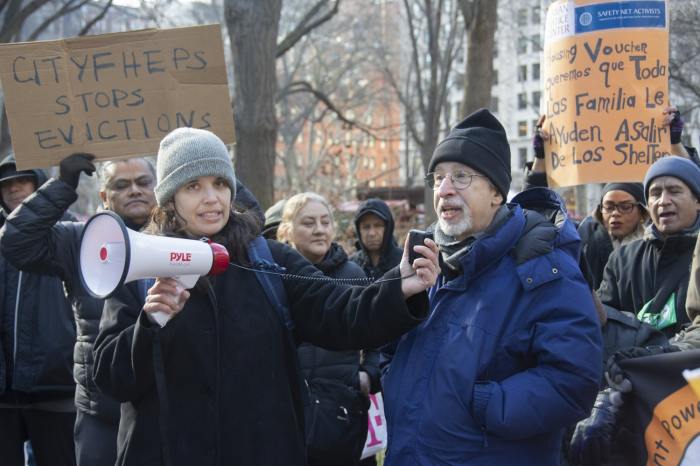The need for money to ensure survival of the game was the common ground reached in a discussion among former Test greats and Barbados cricket administrators.
The legendary West Indies opening batting pair, Gordon Greenidge and Desmond Haynes, earlier this week departed from the cohesion for which they are known while plundering bowlers the world over, and disagreed publicly on whether Twenty20 cricket is destroying the game.
Their debate Tuesday as members of a panel discussing West Indies cricket and society, got a dose of reality when Barbados Cricket Association President, Conde Riley, pointed out that whether Twenty20 is good for the game or not, administrators and of the island’s game and clubs were benefitting handsomely.
Riley said that as of Thursday he will be handing over Bds$115,000 (Bds$1 = 50 cents US) to a single club, and similar amounts will go to other organisations whose players are involved in the Twenty20 competitions, Indian Premier League of the Bangladesh Cricket League.
Explaining that the money represents a percentage measured against what is paid to the players, he said, “it is not from their salaries, this is 20 per cent to what they earned”.
The specific players whose clubs are benefitting are Dwayne Smith, Carlos Brathwaite, and Jason Holder.
Next year another club is set to benefit from the exploits of Jofra Archer, a Barbados-born player who now lives in England, for which team he is expected to play soon. Archer is also making waves in the Twenty20 leagues in Asia.
That money going to the clubs is the third fraction of a three-way split of a payment representing a form of royalty. The West Indies Board gets a third and the territorial association gets a third.
“So, the reality that we face as administrators is how do we get these guys, who say to you, you know my span in cricket will be to 20 to 35 [years] if I’m lucky. After that who is going to provide for me and my family and so on,” Riley interjected into the Haynes and Greenidge debate.
That position partly suited Haynes who favours Twenty20.
“I believe in Twenty20 cricket… I have always felt that Twenty20 cricket is here to stay.
“I am not going to sit here, in no way, just because I played at a time when there was no Twenty20, and say that Twenty20 destroying our cricket.”
Haynes added that based on being with the Barbados Tridents Twenty20 team, “I can tell you from a coach’s point of view, Twenty20 has enhanced our fielding, our catching. It might not do a lot for our batting because you got your minuses and you got your plusses.”
Haynes thinks that the only thing missing is that West Indies cricket does not own a Twenty20 franchise, which would ensure that more money comes to clubs and administrators.
“We’re the only cricket nation that don’t own our Twenty20. In order for the West Indies to get strong again, we must own our Twenty20 cricket,” he said.
But Greenidge countered to his long-time opening batting partner, “are you seriously telling me that Twenty20 didn’t have a damaging effect whether it is West Indies cricket or it is World Cricket?”
He continued, “I’m not saying it doesn’t have a place, but it has created, not everywhere, but certainly in the Caribbean a type of cricketer who knows only how to play Twenty20, and you see it in the way they play in the longer version of the game … and we fall down badly. We cannot put two innings together in any two Test matches.”
He said this makes them inconsistent and cited last year’s England tour when West Indies levelled the three-match series with a fantastic display to win the second Test but fell apart in the third.
“What I would like to see the team do often is to put two good innings together and be able to last for five days. That way I think you have a chance of coming back, and the Twenty20 game is having an effect on the batsmanship of cricket,” he said.


























